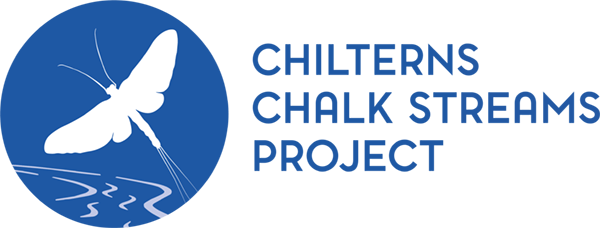
Water in a Dry Landscape – Project Update from the Chilterns Chalk Stream Project Team
Part of the Chilterns Conservation Board’s £2.4 Million pound National Lottery Heritage Funded, Landscape Partnership Scheme, Chalk Cherries and Chairs, Water in a Dry Landscape is a project which aims to find out more about the health of the chalk streams which rise from the foot of the northern scarp of the Chiltern hills.
Part of the Chilterns Conservation Board’s £2.4 Million pound National Lottery Heritage Funded, Landscape Partnership Scheme, Chalk Cherries and Chairs, Water in a Dry Landscape is a project which aims to find out more about the health of the chalk streams which rise from the foot of the northern scarp of the Chiltern hills.
Jointly led by the Chilterns Chalk Streams Project (CCSP)and the River Thame Conservation Trust (RTCT), working in partnership with the Freshwater Habitats Trust and the Environment Agency, the project aims to establish the condition of these streams, identify issues impacting their health and deliver practical solutions to problems identified.
The project is split into three phases, the first of which, a water quality survey of all streams stretching between Wendover and Aston Rowant, was completed by volunteers in 2020. The results of the survey have been used to identify a shortlist of site that will be the focus of more detailed monitoring in phase two.
Like many projects Water in a Dry Landscape has been affected by the pandemic, delaying its progress. But work is now beginning on phase two which will begin this spring and will focus on detailed ecological surveys of the shortlisted streams to find out more about habitat quality and the wildlife that they support. This work will enable us to establish a baseline assessment of their health and identify opportunities for habitat enhancement or restoration.
Phase 3 of the project will be led by the Landscape Partnership Landowner Engagement Officer team in partnership with CCSP and the RTCT and will focus on delivery of practical projects, working with landowners to address water quality problems and restore habitat.

